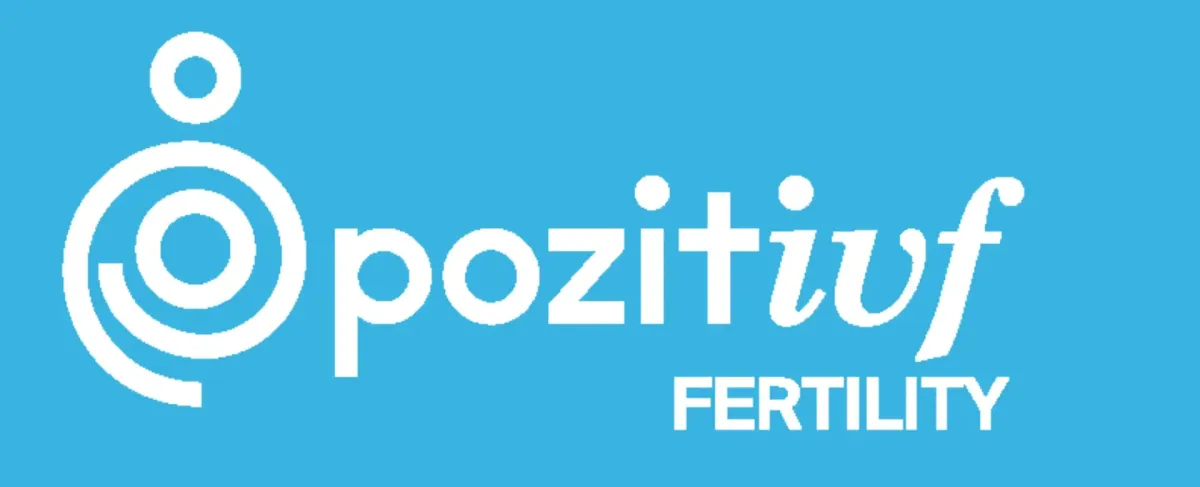Accessibility Statement for Pozitivf Fertility
At Pozitivf Fertility, we are committed to ensuring that our website is accessible to everyone. We strive to adhere to the Web Content Accessibility Guidelines (WCAG) 2.0 Level AA, an international standard for accessible digital content. Our goal is to keep our website as technologically accessible as possible and to update our practices periodically in line with evolving standards set by the World Wide Web Consortium (W3C).
We understand that some parts of the website may not be fully accessible to everyone, and we are continually working to address these issues. Our team conducts regular accessibility reviews and undertakes remedial actions where necessary. We are dedicated to ongoing improvements to enhance accessibility for all users.
Should you experience any difficulty in accessing any part of our website, please contact us immediately:- By phone at (210) 404-2229- By email at [email protected]
If you encounter an inaccessible part of our site, please specify the web page in question and provide any other details you think might help us improve access. We are committed to making that page accessible, or, if that is not possible, providing the information in an accessible format that meets your needs. If you require information in a specific electronic format, kindly email us at [email protected] with the details of your request and your contact information.
We value your feedback regarding our accessibility efforts and welcome any suggestions you might have on how we can improve the accessibility of our website.
For additional resources on accessibility and the Americans with Disabilities Act (ADA), please visit the following links:- Frequently Asked Questions about Service Animals and the ADA (https://www.ada.gov/regs2010/service_animal_qa.pdf), as provided by the Department of Justice.- Title II of the Americans with Disabilities Act (ADA)(https://www.ada.gov/regs2010/titleII_2010/titleII_2010_regulations.htm#a35136), specifically Subpart B, section 35.136, regarding service animals.
Please note that emotional support animals do not qualify as service animals under the ADA and are not permitted in clinical areas to ensure health and safety standards.


